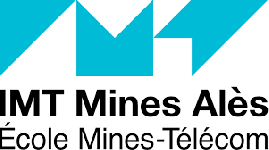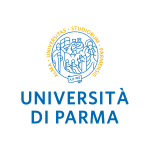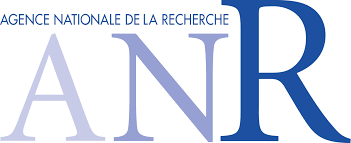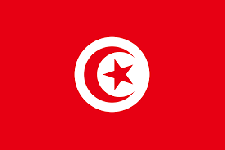ABOUT US
New enabling methodologies and technologies are essential for the survival of a number of smallholders throughout the entire Mediterranean and EU area and they have a great potential to enhance smallholders’ revenues (above all during this COVID-19 pandemic crises), reduce the barriers to enter the market as well as assure sustainability and new approaches to control production, logistics and distribution of products. To use this potentials, it is important and urgently needed to carry out research activities devoted to (1) integrate the smallhoders processes into an advanced operational scenario; (2) design a framework that encompass Web-App and Mobile App technologies, Artificial Intelligence based Knowledge Navigators, new Business Models, Blockchain technology, Multi-Capitals Sustainability and Simulation; (3) conceptualize an architecture where the different segments responds, thanks to the integration of the above mentioned methodologies and technologies, to the major needs of Smallholders while providing, at the same time, advantages for actors belonging to the smallholders’ supply and value chains; (4) develop an ICT platform prototype (the SMALLDERS platform) to provide relevance on the feasibility of the proposed approach; (5) creating experimentations testbeds and case studies localized in different countries (to demonstrate the SMALLDERS platform capabilities and adaptability to different contexts). Capabilities of the SMALLDERS platform will be also demonstrated by providing evidence on the readiness of the platform in addressing the requirements and expected impact of the PRIMA call, Topic 2.3.1 - "Increasing the resilience of small-scale farms to global challenges and COVID-like crisis by using adapted technologies, smart agri-food supply chain and crisis management tools”.
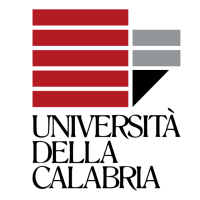



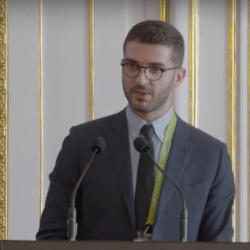



.jpg)

